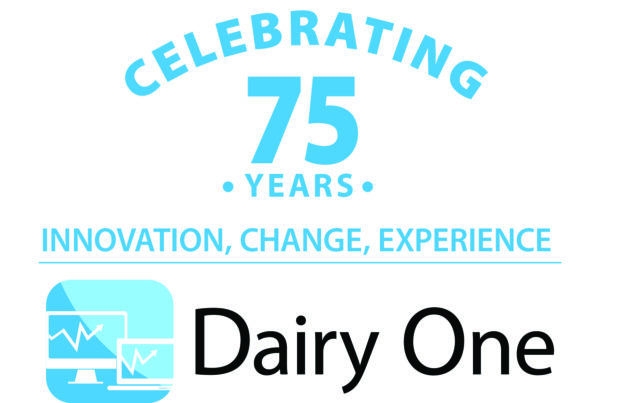For some, it’s the scent of sunscreen, barbecue or citronella – but to me, nothing says summertime like the sweet smell of fresh-cut hay.
Growing up on a small dairy farm, my summer revolved around making hay, from riding alongside Mom and Dad in the tractor as a toddler to stacking small bales in the sultry tin-roofed haymow as a teen. Even now, as an adult, I have not gotten away from it, as we harvest a few acres of grass hay for our dairy show heifers every year.
It never fails: On those token days when the skies are clear, the sun is shining, and friends invite us to go boating, there’s hay to be made. As the old saying goes, “You’ve got to make hay while the sun shines.”
This time of the year reminds me of a story I once heard about a boy whose father gave several loads of high-quality dairy hay to a neighbor after a barn fire had destroyed an entire season’s crop. The father didn’t do it because he had extra hay just laying around, nor did he give the neighbor the hay of the least value.
The father gave his “best hay” – and when questioned by his young son about the decision to give it away, he encouraged his boy to do the same by giving the best of whatever it was he had to offer to someone else in a time of need.
In the dairy industry, it is often times of tragedy that test our willingness to freely give our best hay. I recently talked with a friend whose family had lost their milking parlor to a fire, and she spoke of the outpouring support of neighbors who quickly relocated cattle and accommodated them in their own barns for several months, along with the endless supply of meals dropped off on their kitchen table.
Earlier this summer, I saw a news clip from a Minnesota dairy devastated by tornado-like winds. The dairyman described the hundreds of people – many whom he didn’t even personally know – who showed up in the yard to move cows out from the collapsed freestall barns and pick up the mountainous piles of twisted tin and storm debris.
Some drove hours and across state lines just to lend a hand. In these examples, the best hay these neighbors and volunteers could offer was not hay at all but, rather, their best effort to do good.
Pondering these stories, I asked myself, “Do I give my best hay?” Do I generously put forth my best to others when they need it most? Or do I selfishly cling to what I perceive is rightfully mine – whether that be my time, talent or treasure – and merely give out whatever is left over once my own needs have been met?
I admit to coming up short. With a packed schedule and busy family life, I don’t always give my best to others. Sometimes they get the bedraggled, burned-out version of me who feels like I don’t have much left to give and is annoyed to be asked to be more or do more.
When I catch myself in those moments, a little tug on my heart tells me it’s time for a reality check. A sticky note on my computer serves as a reminder to focus on giving my best hay instead of acting like a moldy bale of swamp grass:
And let us not be weary in well doing: for in due season we shall reap, if we faint not.
—Galatians 6:9
By giving away our best hay today, we are promised an even more abundant harvest in the future. This summer, as you pass across the alfalfa fields putting up your crop, I challenge you to ask yourself: Will you give away your best hay? ![]()

-
Peggy Coffeen
- Editor
- Progressive Dairyman
- Email Peggy Coffeen






